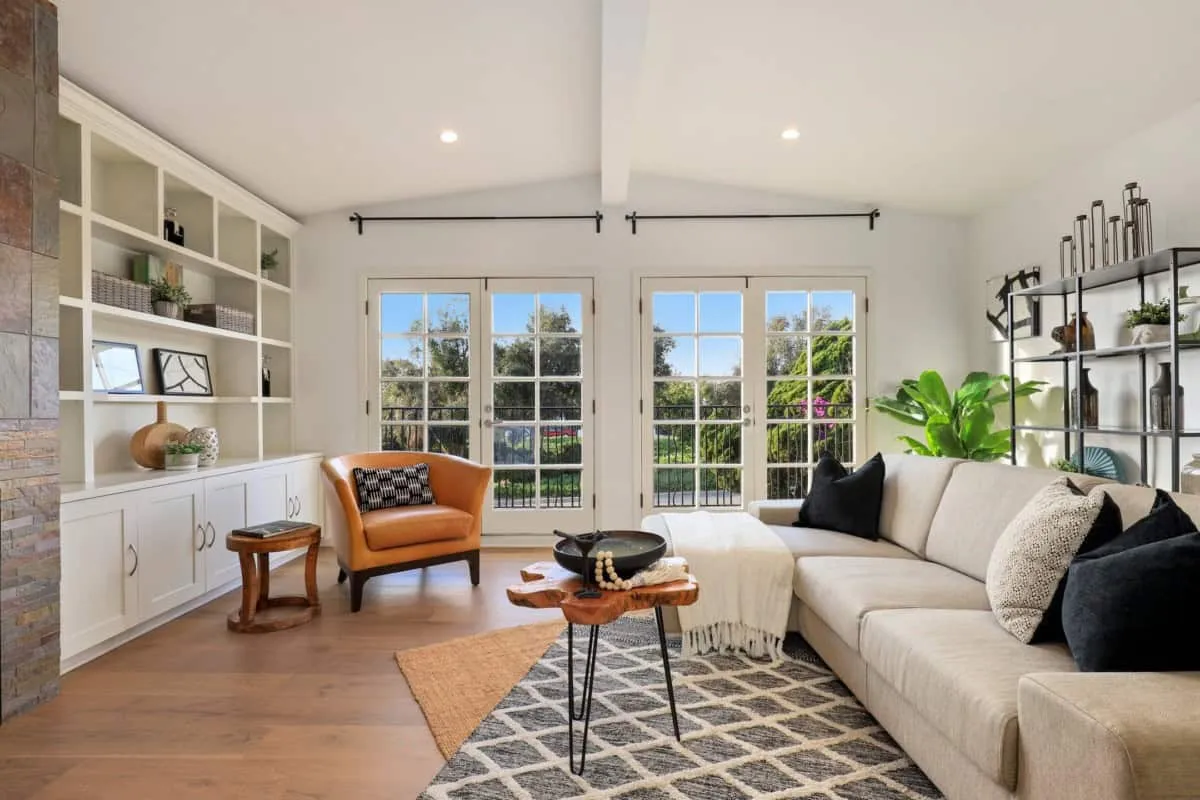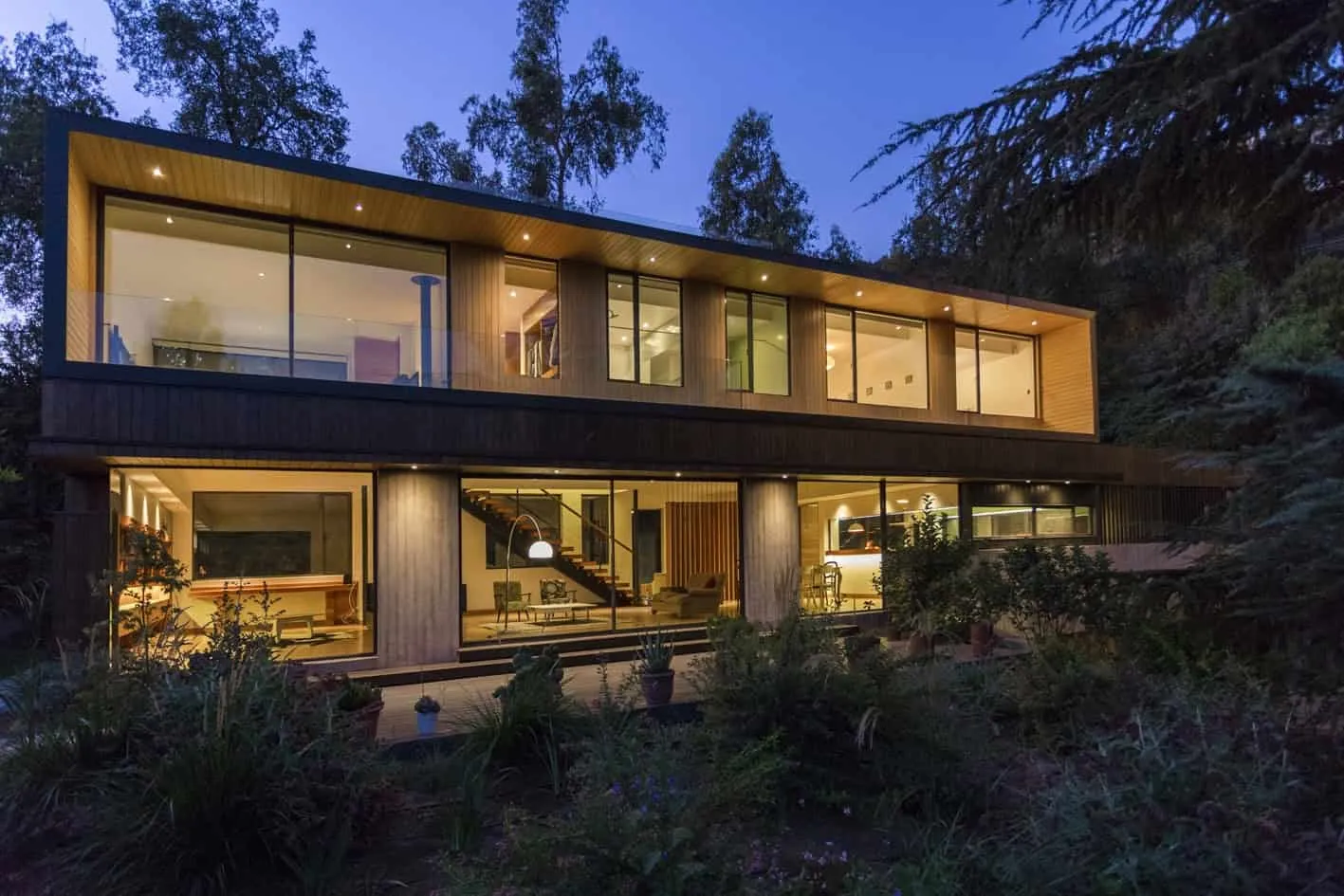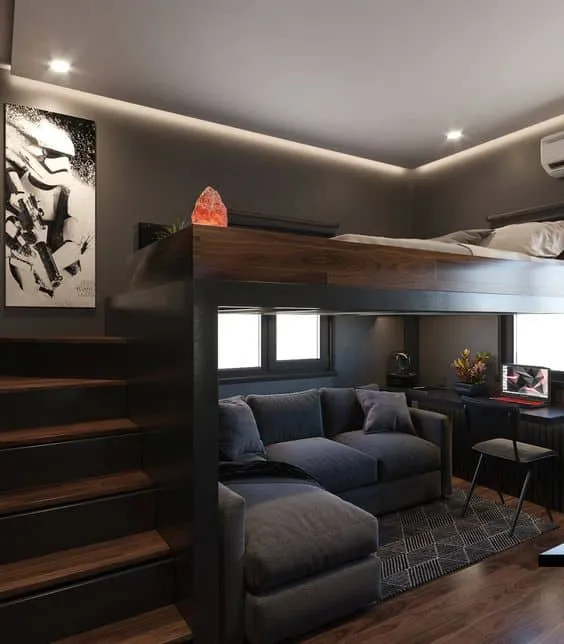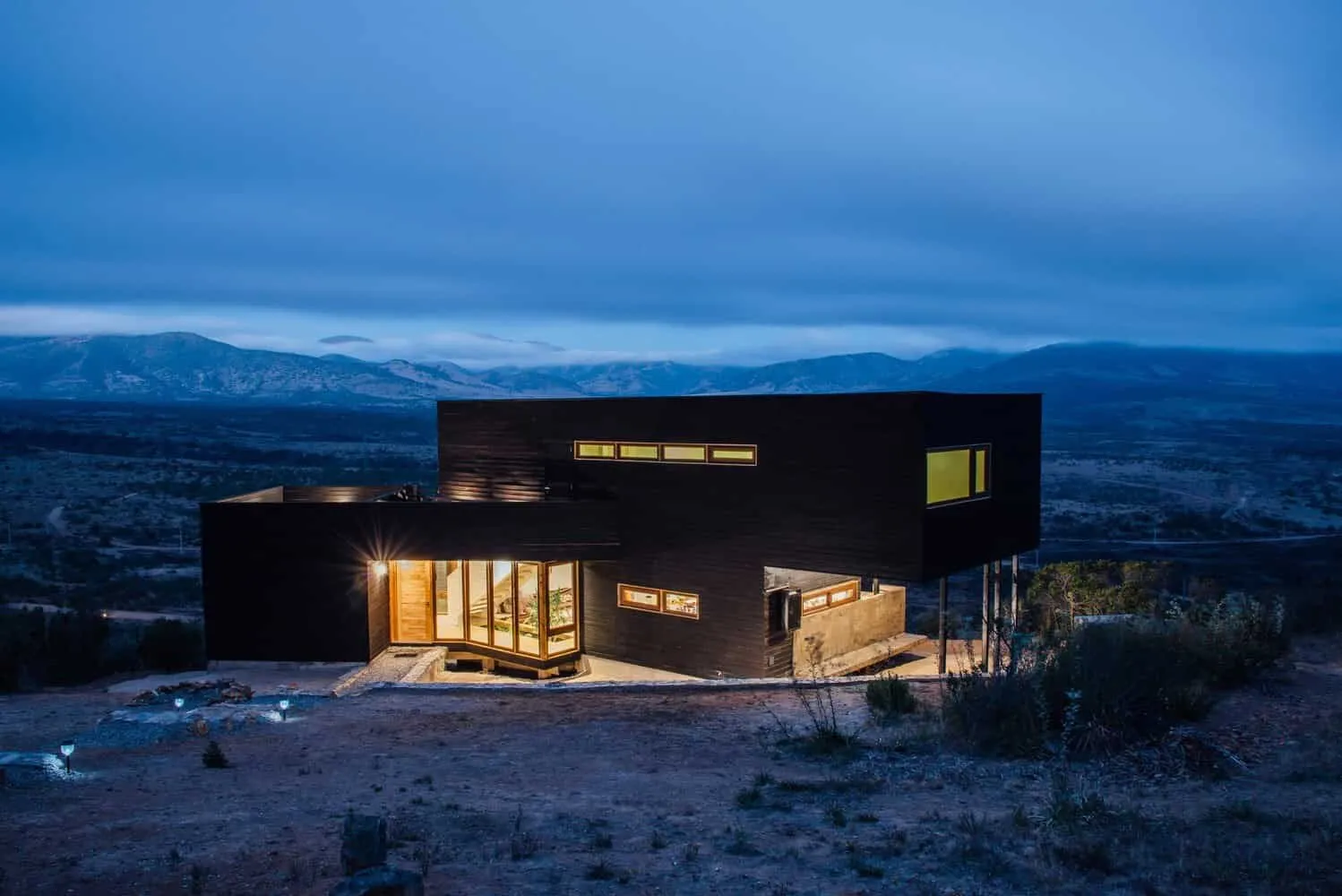Converting Your Home into Rental Property: Key Points
Turning your home into rental property can be a profitable financial decision, and some prefer to sell it when relocating. After all, the idea of a steady stream of passive income is very appealing. However, it's not as simple as listing the property for rent and meeting tenants. There are many factors and legal norms to consider to ensure successful and hassle-free management. Understanding the local real estate market, screening potential tenants, and knowing laws protecting both landlords and tenants are crucial. In this blog, you'll learn about the key steps needed to turn your housing into profitable rental property while minimizing risks.
There are several compelling reasons why homeowners choose to turn their residences into rental units. The prospect of generating passive income is often the main motivation, providing a steady source of revenue that can supplement lifestyle or pension savings. Additionally, for those relocating for work or personal reasons, renting out the home can be a strategic way to retain ownership and benefit from future real estate market growth. It's also an opportunity to keep the property asset in a familiar or desirable location that can be used for personal purposes in the future. Becoming a landlord has practical advantages in property maintenance; rented homes are often kept in good condition, avoiding the neglect that occurs with long-term vacancy.

So, what key points should you know about making your home rental property?
Determining Rental Rate
Setting the right rental price is a delicate balance that can significantly impact your property's success as an investment. When determining the rental amount, research the local market and compare similar properties by size, location, and amenities. Consider conducting a thorough market analysis or using online rental price estimators. Factors such as the current economic situation, regional job vacancy levels, and seasonal fluctuations in demand should also be taken into account. Remember that setting too high a rental rate may lead to extended vacancy periods, while an overly low price can limit your income potential and attract less desirable tenants. A well-set rental price is more likely to attract and retain good tenants, ensuring a steady income stream and reducing turnover costs.
Understanding Local Regulations
Before you begin becoming a landlord, it's important to familiarize yourself with local laws and rental rules. Different cities and municipalities have varying regulations governing rental properties. These may include the need for permits to rent out, compliance with building codes and accessibility laws aimed at preventing discrimination. In many places, there are also special requirements for rental property owners regarding safety measures such as smoke detectors, carbon monoxide alarms, and emergency exit routes. Non-compliance with these regulations can lead to serious fines and legal issues. Therefore, it's recommended to consult a real estate attorney or local housing authority to fully understand your legal obligations.
Comprehensive Insurance
Standard homeowner's insurance may not be sufficient when you start renting out the property. Landlords should consider rental property insurance, which includes coverage for property damage, liability, and loss of rental income. It's also wise to require tenants to have their own property insurance to protect their personal belongings. In the event of fire, theft, or natural disasters, having appropriate insurance can protect your investment and income from unexpected expenses. Always consult with an insurer to select coverage that meets the specific needs of your rental property.
Property Maintenance and Renovation
Maintaining the property in good condition is not only a responsibility but also a strategy to attract and retain quality tenants. Start by ensuring all systems function properly — plumbing, heating, electricity, and appliances. Then consider cosmetic updates that can enhance the property's appeal, such as fresh paint or modern interior elements. Remember that investing in energy-efficient improvements can also attract environmentally conscious tenants and provide long-term savings on utility bills. Create a schedule for regular maintenance and seasonal repairs to ensure the property meets standards and is comfortable for tenants.
Tenant Selection and Lease Agreement
Selecting the right tenant is of utmost importance. Thorough screening, including credit history checks, employment verification, and references, helps identify reliable tenants who are likely to pay rent on time and take care of your property. After selecting a tenant, it's important to sign a solid lease agreement. This mandatory contract should include rental terms such as rent amount, payment dates, security deposit details, maintenance responsibilities, and rules regarding pets, smoking, and subletting. The lease should protect the rights of both landlord and tenant, ensuring a clear understanding of each party's obligations. Working with a real estate attorney to draft a comprehensive lease can help avoid future disputes and misunderstandings.
Effective Rent Collection and Financial Management
Optimizing the rent collection process is essential for a smooth relationship with tenants. Modern digital platforms offer various payment methods that make transactions convenient and secure for both parties, including automatic bank transfers and online payment systems. Systematic financial record-keeping is also important for tracking income and expenses, simplifying tax reporting, and monitoring the overall profitability of your rental property. Implementing a reliable accounting system and setting aside funds for repairs, maintenance, and vacancy periods will help ensure financial stability and protect your investment over the long term.
Turning your home into rental property can be a profitable venture if managed properly. This requires careful planning, deep understanding of market conditions, compliance with local legislation, comprehensive insurance, diligent property maintenance, careful tenant selection, and effective financial management. By focusing on these key aspects, you can turn your property into a profitable and sustainable income source while maintaining the value of your real estate.
Need a renovation specialist?
Find verified professionals for any repair or construction job. Post your request and get offers from local experts.
You may also like
More articles:
 Lo Curro House by Nicolas Lo in Santiago, Chile
Lo Curro House by Nicolas Lo in Santiago, Chile Ideas for Loft Beds That Embrace Adulthood
Ideas for Loft Beds That Embrace Adulthood Loft RLO by ME Arquitetura in Brazil
Loft RLO by ME Arquitetura in Brazil Loma House by Iván Quizhpe Arquitectos in Quito, Ecuador
Loma House by Iván Quizhpe Arquitectos in Quito, Ecuador Loma Sagrada House | Salagnac Arquitectos | Nosara, Costa Rica
Loma Sagrada House | Salagnac Arquitectos | Nosara, Costa Rica Looking for a New Mattress: 7 Questions to Help You Make the Right Choice
Looking for a New Mattress: 7 Questions to Help You Make the Right Choice Los Mollles House by Architect Thomas Lounenstein in La Ligüe, Chile
Los Mollles House by Architect Thomas Lounenstein in La Ligüe, Chile LOST LINDENBERG - New Guest Collective on Bali's West Coast
LOST LINDENBERG - New Guest Collective on Bali's West Coast